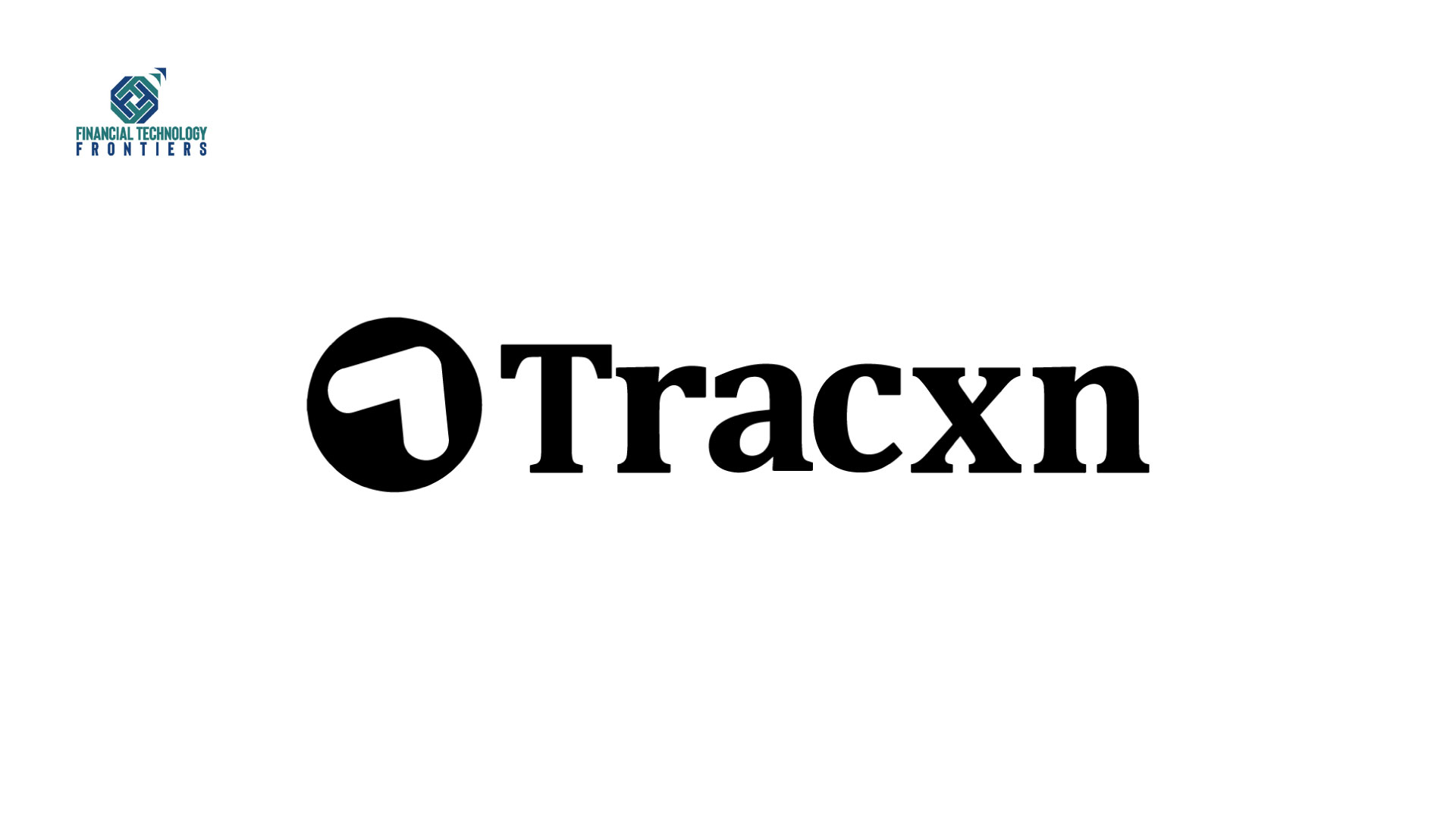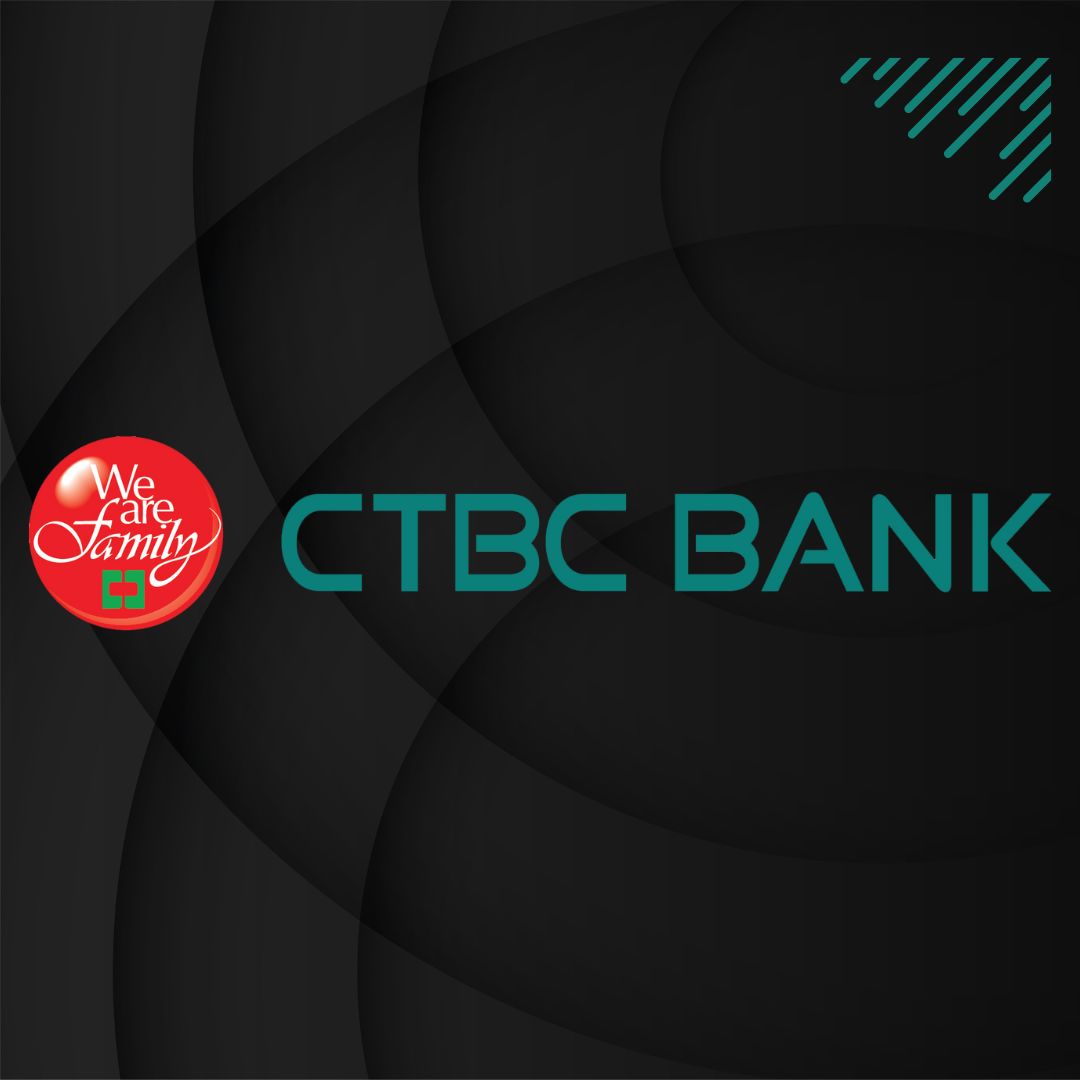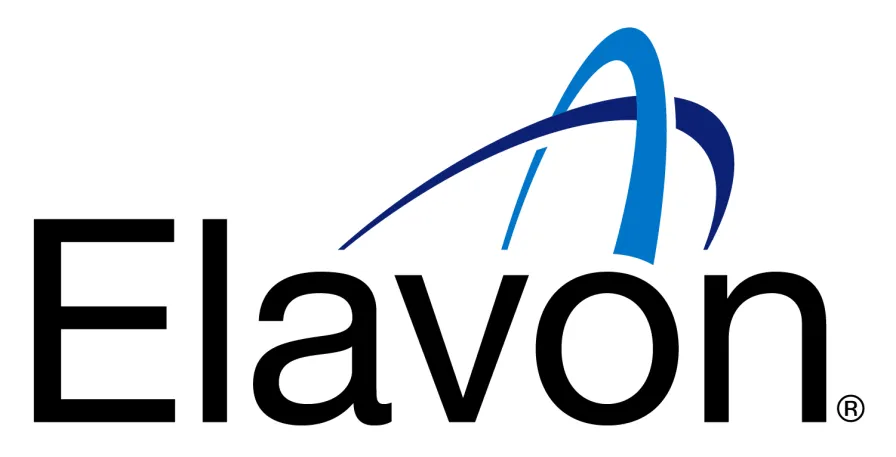 The global market intelligence platform, Tracxn, has unveiled its comprehensive ‘FinTech – India Semi-Annual Funding Report – H1 2023’. Harnessing its vast data repository, the report lends deep insights into the FinTech scene in India.
The global market intelligence platform, Tracxn, has unveiled its comprehensive ‘FinTech – India Semi-Annual Funding Report – H1 2023’. Harnessing its vast data repository, the report lends deep insights into the FinTech scene in India.
Retaining its previous year’s position, India continues to be the third-largest recipient of FinTech funding globally, following the US and the UK. In terms of the number of enterprises, it stands third as well, being home to twice as many FinTech companies compared to China and Canada. The sector dominated the Indian startup scene with the highest funding across all sectors.
The H1 2023 report reveals that Indian FinTech Startups amassed funding worth $1.4 billion, marking a sharp 67% dip from the $4.3 billion gathered in H1 2022. However, when compared to the $1.5 billion raised in H2 2022, the fall is a marginal 6%.
The reduction in H1 2023 funding is majorly attributed to a slump in early-stage investments, which have seen a significant drop of 81% and 68% from H1 2022 and H2 2022 respectively. The seed-stage funding also witnessed a decrease of 38% and 70% from H2 2022 and H1 2022, respectively. Late-stage funding in H1 2023 rose 66% from H2 2022, but it too experienced a 62% fall from H1 2022.
The first quarter of 2023, Q1, saw Indian FinTech startups raise $1.18 billion, forming over 84% of H1 2023’s total funds. This is double the funds raised in the preceding quarter (Q4 2022), while Q2 2023 set the record for the least funding since 2021.
Among different FinTech segments, Payment, Alternative Lending, and Internet-first Insurance platforms emerged as front runners in H1 2023. Payment startups received 55% of total funding in H1 2023, with funding increasing by threefold compared to H2 2022. This surge mirrors a global trend, with payment startups also topping the funding charts in the US.
The first half of 2023 saw seven funding rounds exceeding $100 million each, but no new unicorns were spotted, unlike the four identified in H1 2022.
There were no fresh IPOs in H1 2023, down from two each in H2 2022 and H1 2022. A modest increase was observed in the acquisition figures, which rose to 19 in H1 2023 from 13 in H2 2022, yet lagged behind 26 in H1 2022.
Peak XV Partners, AngelList, and Y Combinator were the most active investors in Indian FinTech. In seed-stage rounds, IPV, Blume, and Titan Capital took the lead, while early-stage rounds were dominated by Elevar Equity, TPG, and Peak XV Partners. In late-stage rounds, OP Finnfund Global Impact Fund I and Avataar Ventures were at the forefront.
Geographically, Bengaluru-based FinTech startups topped the funding chart with $949 million in H1 2023, well ahead of Mumbai ($218 million) and Jaipur ($150 million). The companies in Bengaluru accounted for 67% of the funds raised in the Indian FinTech segment in H1 2023.
Despite holding the third position in the global FinTech ecosystem, India’s FinTech funding has followed a downward trajectory in line with global trends, with H1 2023 being the least funded since 2021.
Nevertheless, the increased investment interest in Indian FinTech can be credited to the higher FinTech adoption rates in India compared to global averages. The government’s digital initiatives, such as the introduction of UPI, relaxed banking policies, and the launch of the Digital Rupee, are significantly propelling growth in this sector.
Read more: Mastercard and Pagero Revolutionize Cross-Border Payments for Businesses




